Reframing Mental Health Labels: A Path to Empowerment and Understanding
Mental health labels, while often necessary for diagnosis and treatment, can sometimes become a double-edged sword. On one hand, they provide a framework for understanding and addressing specific mental health challenges. On the other, they can contribute to stigma, self-limitation, and societal misunderstanding. This article explores the concept of reframing mental health labels to promote a more holistic, empowering approach to mental health.
The Power and Pitfalls of Labels
The Role of Diagnostic Labels
Mental health diagnoses serve several important purposes:
- Guiding treatment approaches
- Facilitating communication among healthcare providers
- Helping individuals understand their experiences
- Enabling access to support services and accommodations
The Unintended Consequences
However, labels can also have negative impacts:
- Stigmatization and discrimination
- Self-fulfilling prophecies and limited self-perception
- Oversimplification of complex human experiences
- Focusing on deficits rather than strengths
Reframing Mental Health Labels
Reframing involves shifting our perspective on mental health labels to promote a more nuanced, person-centered approach.
1. Person-First Language
Traditional approach:
“She is bipolar.”
Reframed approach:
“She is a person living with bipolar disorder.”
This subtle shift emphasizes the individual’s humanity and multifaceted nature, rather than defining them by their diagnosis.
2. Recognizing the Spectrum of Human Experience
Mental health challenges exist on a continuum, and many experiences are part of the broader human condition.
Traditional approach:
Viewing anxiety as an abnormal condition that needs to be eliminated.
Reframed approach:
Understanding anxiety as a normal human emotion that, in some cases, may become overwhelming and require support.
3. Focusing on Specific Experiences Rather Than Broad Labels
Traditional approach:
“I have depression.”
Reframed approach:
“I’m experiencing persistent feelings of sadness and loss of interest in activities.”
This approach allows for a more nuanced understanding of individual experiences and can lead to more targeted support.
4. Emphasizing Strengths and Resilience
Traditional approach:
Focusing solely on symptoms and challenges.
Reframed approach:
Recognizing the strengths, coping mechanisms, and resilience individuals have developed in response to their mental health challenges.
5. Contextualizing Mental Health Challenges
Traditional approach:
Viewing mental health issues as solely internal, biological problems.
Reframed approach:
Understanding mental health in the context of life experiences, social factors, and environmental influences.
6. Promoting a Growth Mindset
Traditional approach:
Seeing a diagnosis as a fixed, unchangeable condition.
Reframed approach:
Viewing mental health as fluid and emphasizing the potential for growth, change, and recovery.
Implementing a Reframed Approach
For Individuals
- Practice self-compassion and avoid self-stigmatization
- Educate yourself about your experiences beyond diagnostic criteria
- Connect with others who share similar experiences
- Focus on your strengths and accomplishments
- Set goals based on your values, not your diagnosis
For Mental Health Professionals
- Use person-first language in communication and documentation
- Discuss diagnoses in the context of individual experiences and strengths
- Involve clients in the diagnostic process and explain the purpose and limitations of labels
- Emphasize hope and the potential for positive change
- Consider cultural and individual differences in how mental health is understood and expressed
For Society and Institutions
- Promote mental health literacy to reduce stigma and misunderstanding
- Implement policies that protect against discrimination based on mental health status
- Encourage media representations that portray the full complexity of mental health experiences
- Support research into more nuanced, dimensional approaches to mental health classification
The Benefits of Reframing
Reframing mental health labels can lead to numerous positive outcomes:
- Reduced stigma and discrimination
- Increased self-esteem and sense of agency for individuals with mental health challenges
- More personalized and effective treatment approaches
- Greater societal understanding and support for mental health
- Promotion of mental health as an integral part of overall health and well-being
Conclusion
Reframing mental health labels is not about denying the reality of mental health challenges or the utility of diagnostic frameworks. Rather, it’s about expanding our perspective to see the full humanity of individuals experiencing these challenges. By shifting our language, attitudes, and approaches, we can create a more compassionate, nuanced, and effective mental health care system.
This reframing represents a significant cultural shift that requires effort from individuals, mental health professionals, and society at large. However, the potential benefits – reduced stigma, increased empowerment, and more effective support – make this effort worthwhile.
As we move forward, let’s strive to see beyond labels, recognizing that each person’s mental health journey is unique, complex, and worthy of understanding and support. By doing so, we can create a world where mental health is viewed not as a defining characteristic, but as one aspect of the rich tapestry that makes up each individual’s life experience.




